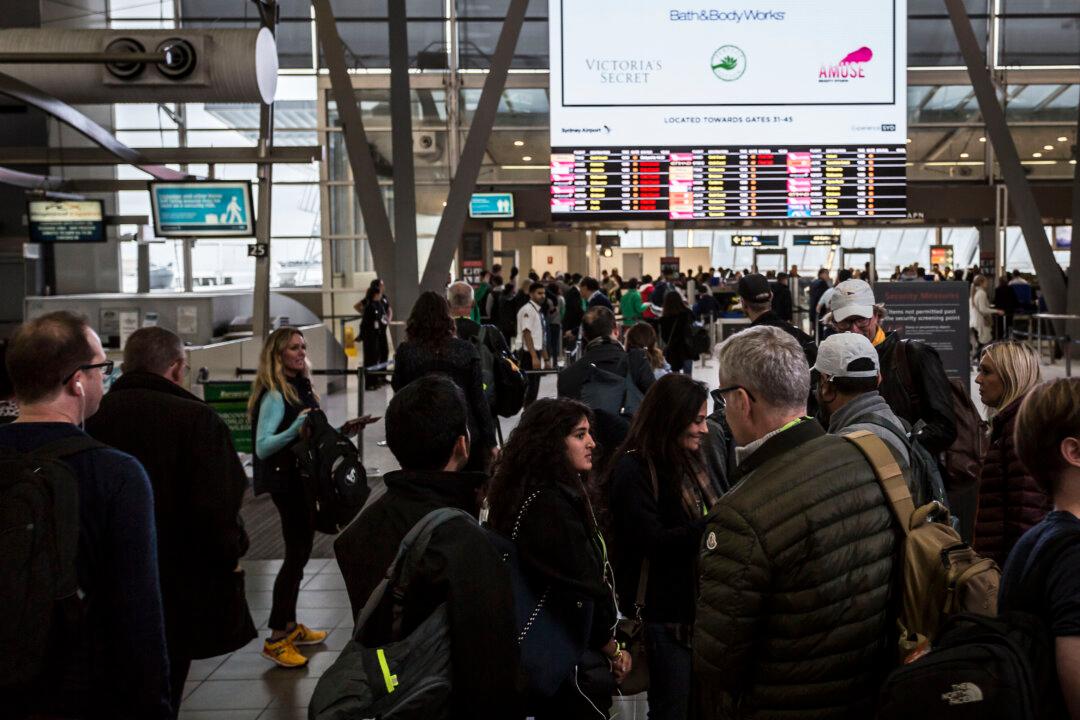A pay dispute between ground handling workers and their employer led to a four-hour strike at major Australian airports on Jan. 24.
While delays were anticipated, contingencies largely minimised disruptions, with only minor delays reported at Sydney Airport’s international terminal.





